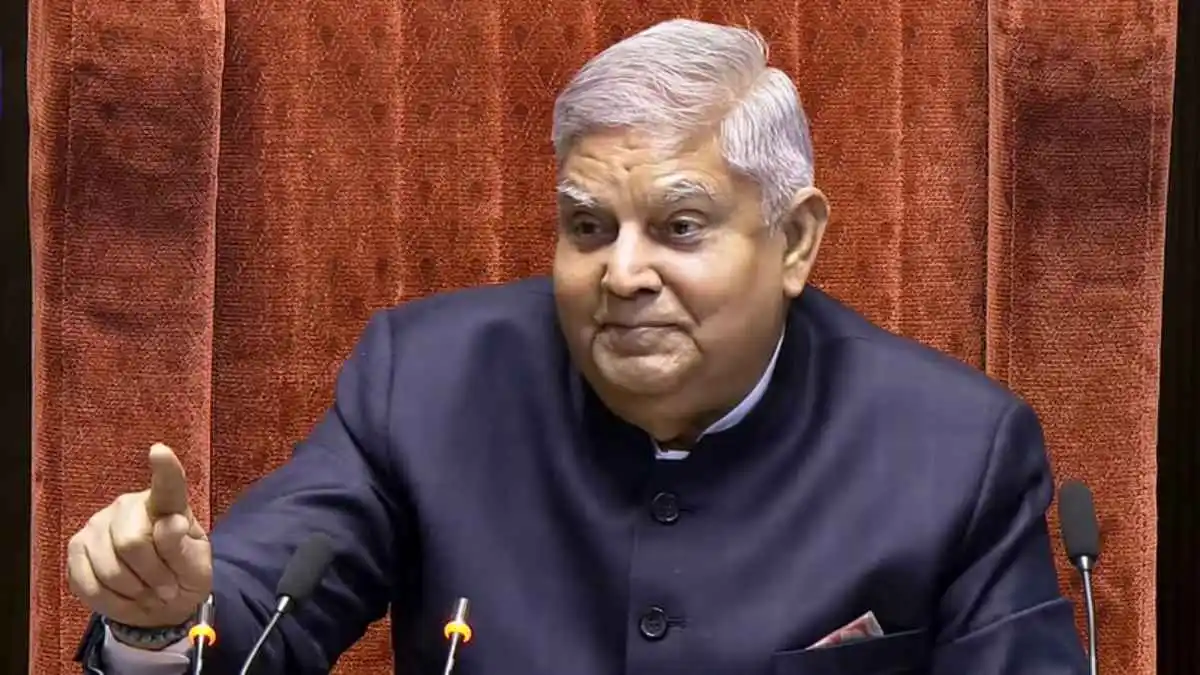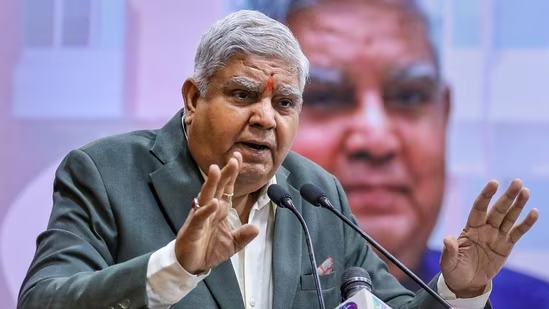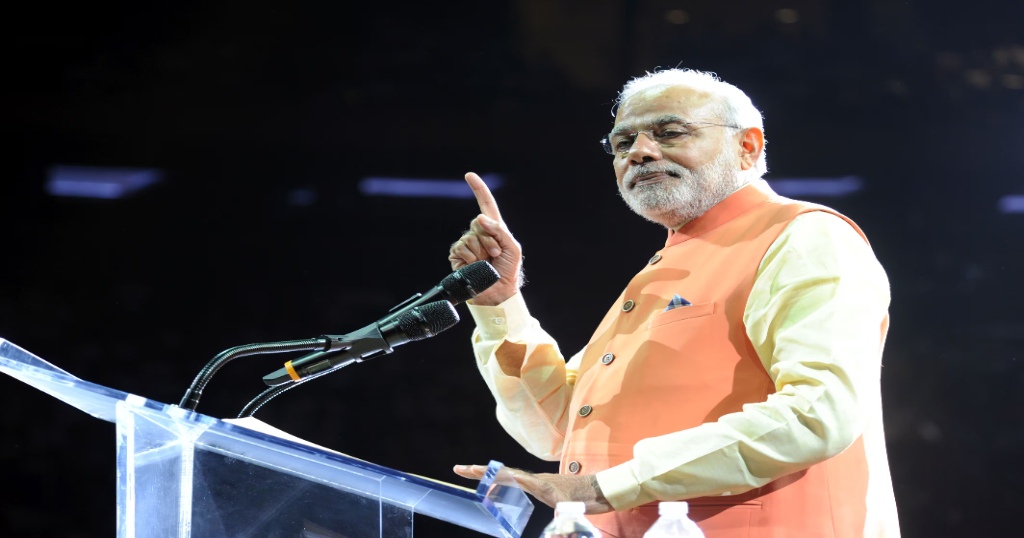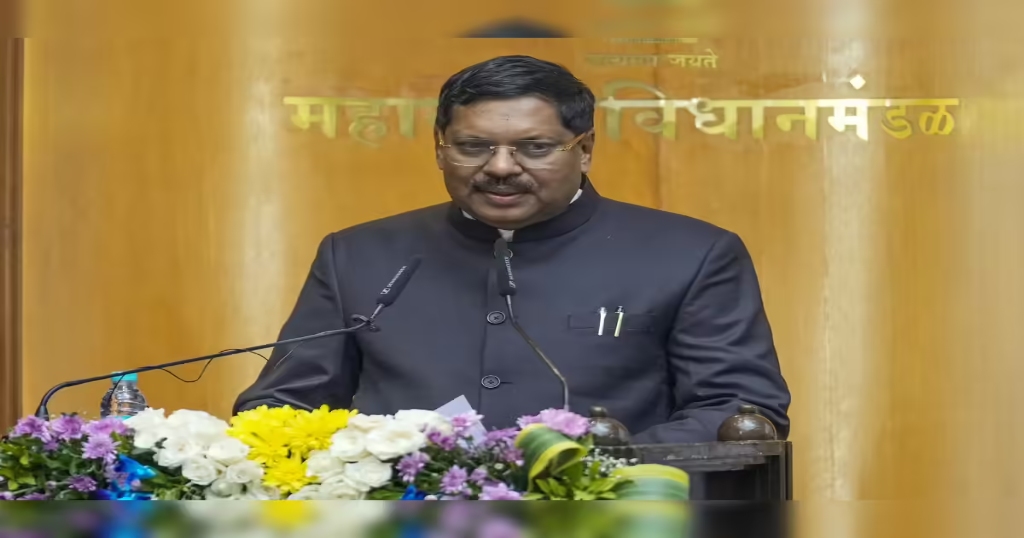Jagdeep Dhankhar Resigns Suddenly, Stirring Deep Political Suspicion and Debate
Speculation grows over Jagdeep Dhankhar’s real reason

Unexpected Resignation of Rajya Sabha Chairman Jagdeep Dhankhar
Vice President Jagdeep Dhankhar submitted his resignation today, citing serious health issues and immediate medical attention needs. He explained that recent cardiac treatment and hospitalization made continuing work difficult and potentially risky. Although many accepted this explanation, political observers expressed surprise at the timing and circumstances surrounding his exit. Furthermore, his resignation came during an ongoing parliamentary session, disrupting legislative plans and raising procedural concerns. Opposition leaders immediately cast doubt, claiming deeper motivations behind his departure than just health reasons. As Dhankhar served only three years of his term, many viewed his resignation as unusually premature. Consequently, members across parties speculated about possible central government discomfort with his recent conduct. Media and analysts closely tracked developments to interpret broader political undercurrents in this unexpected resignation.
Why Did He Resign: Health or Political Pressure?
Dhankhar clearly mentioned in his letter that urgent health matters prompted his resignation under Article 67(a). However, opposition parties loudly questioned whether political pressure or discomfort with his oversight abilities influenced the timing. Some critics pointed to his recent disparaging remarks regarding ruling party policies as a trigger for political backlash. Moreover, internal party sources hinted at dissatisfaction within government circles over his chairmanship style. Despite public health explanations, opposition leaders insisted they sensed deeper motives not visible in official records. Consequently, the resignation reignited debates about independence and power dynamics between Parliament and the executive branch. This development highlighted tensions between perceived impartiality and institutional allegiance. Ultimately, political analysts emphasized that only deeper transparency could clarify the true cause behind his abrupt exit.
His Tenure Featured Frequent Parliamentary Clashes
During his tenure as Rajya Sabha Chairman, Dhankhar frequently clashed with Opposition lawmakers over chairing decisions. Party leaders from the Opposition accused him of bias and favouring government members during debates. Likewise, Congress President Mallikarjun Kharge called him the “biggest disruptor” in parliamentary proceedings. Furthermore, factions claimed he curtailed speaking time and invoked procedural rules unilaterally, stoking resentment. Additionally, the Opposition filed a historic no-confidence motion against him, signaling escalated institutional conflict. Meanwhile, prominent analysts debated whether his assertive style represented decisive leadership or authoritarian conduct. Consequently, his tenure reflected both bold leadership and controversial governance approaches. Despite protests, Dhankhar retained his position until today’s resignation, marking an abrupt end to a contentious chapter in Rajya Sabha history.

What Happens Next in Vice Presidential Office?
Dhankhar’s resignation created a constitutional vacancy, making him only the third vice president to resign mid-term since India’s independence. Precedents include VV Giri and R. Venkataraman, who resigned to contest presidential elections under constitutional provisions. Furthermore, his abrupt exit interrupted parliamentary activity and required urgent procedural adjustments by Lok Sabha and Rajya Sabha administrators. Meanwhile, political parties across the spectrum began speculating about potential replacements, balancing experience and ideological stance. Additionally, the government now faces pressure to ensure a smooth, timely appointment rather than a prolonged leadership gap. As interim arrangements come into place, stakeholders watch for clarity in both vice presidential and Rajya Sabha chairperson selection. Overall, the situation demands strategic decision-making amid constitutional and political transitions.
Opposition Alleges Executive Interference
Opposition leaders highlighted Dhankhar’s resignation as a possible symptom of central government interference in constitutional offices. They argued his departure reflected frustration within executive corridors rather than genuine medical necessity. Because parliamentary sit-ins and dissent grew during his chairmanship, critics speculated that power brokering influenced the resignation outcome. Furthermore, as he previously served as Gujarat governor, many saw his resignation as cautious distancing from controversial governance approaches. Opposition parties demanded transparency and records of internal communications to validate his official claims. Consequently, they called for independent inquiry to ensure adherence to democratic norms and institutional integrity. While health remains the stated reason, political sentiment leans toward deeper systemic concerns. Events suggest that institutional autonomy and executive influence remain at the heart of public debate
Will This Impact Parliamentary Impartiality Going Forward?
Dhankhar’s resignation raises broader questions about the vice-presidential office’s future impartiality and the Rajya Sabha Chairman role. Analysts now emphasize the importance of selecting a successor with both constitutional insight and non-partisan credibility. Even as discussions unfold, lawmakers across party lines propose stronger norms for safeguarding parliamentary autonomy. Meanwhile, civil society groups urge reform to prevent undue executive influence in legislative leadership appointments. Furthermore, the resignation reminds institutions that their credibility depends on transparent leadership transitions and clear normative boundaries. As parties prepare to nominate potential candidates, stakeholders expect procedural fairness and political decorum. Ultimately, the upcoming selection process for vice president will test the health of democratic practices in India’s governance.




